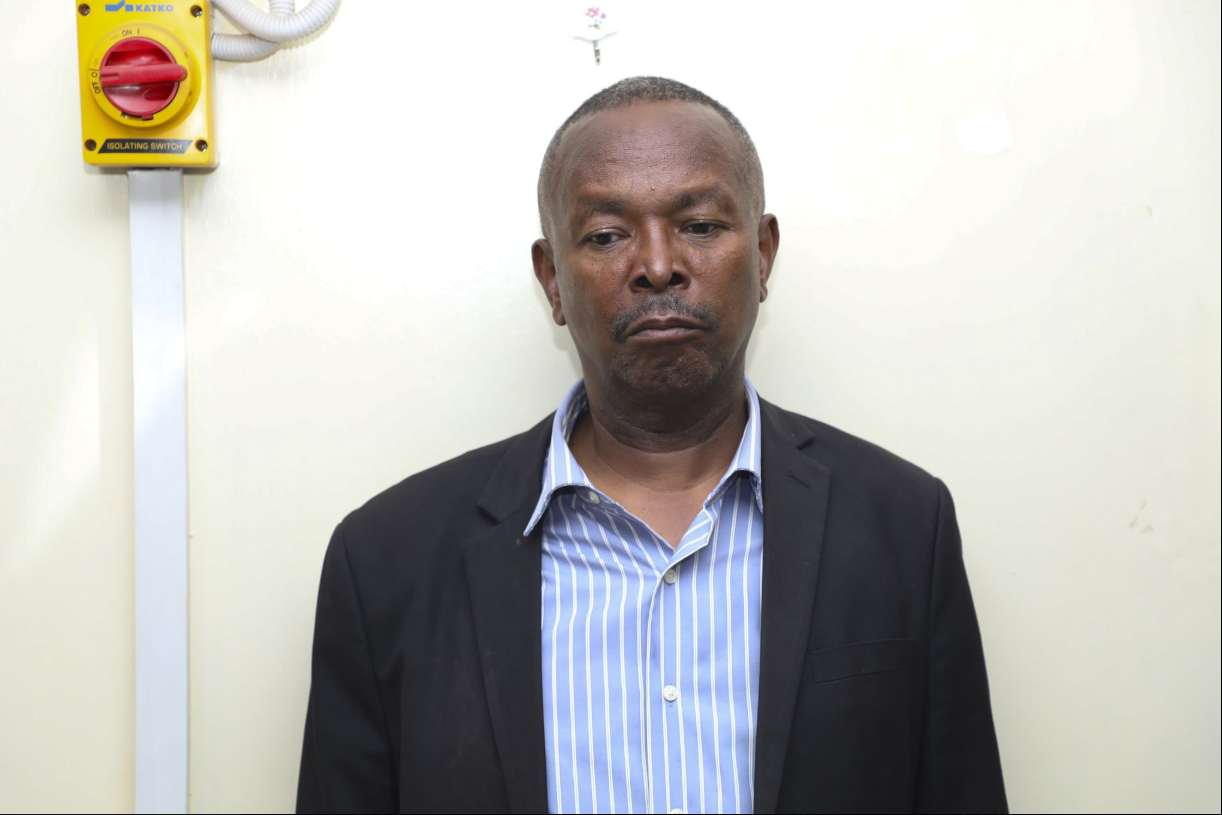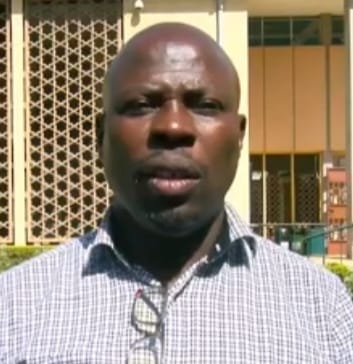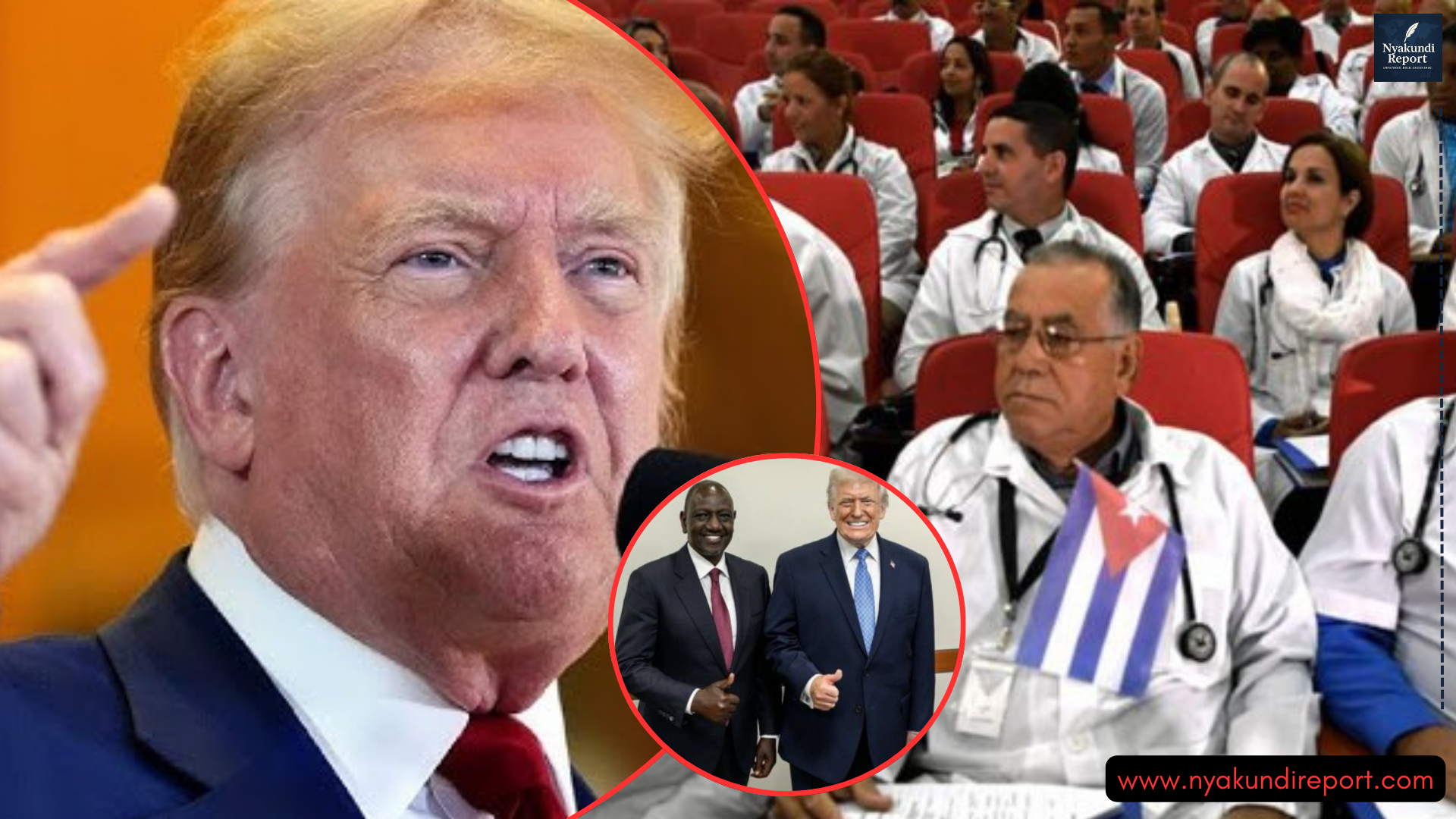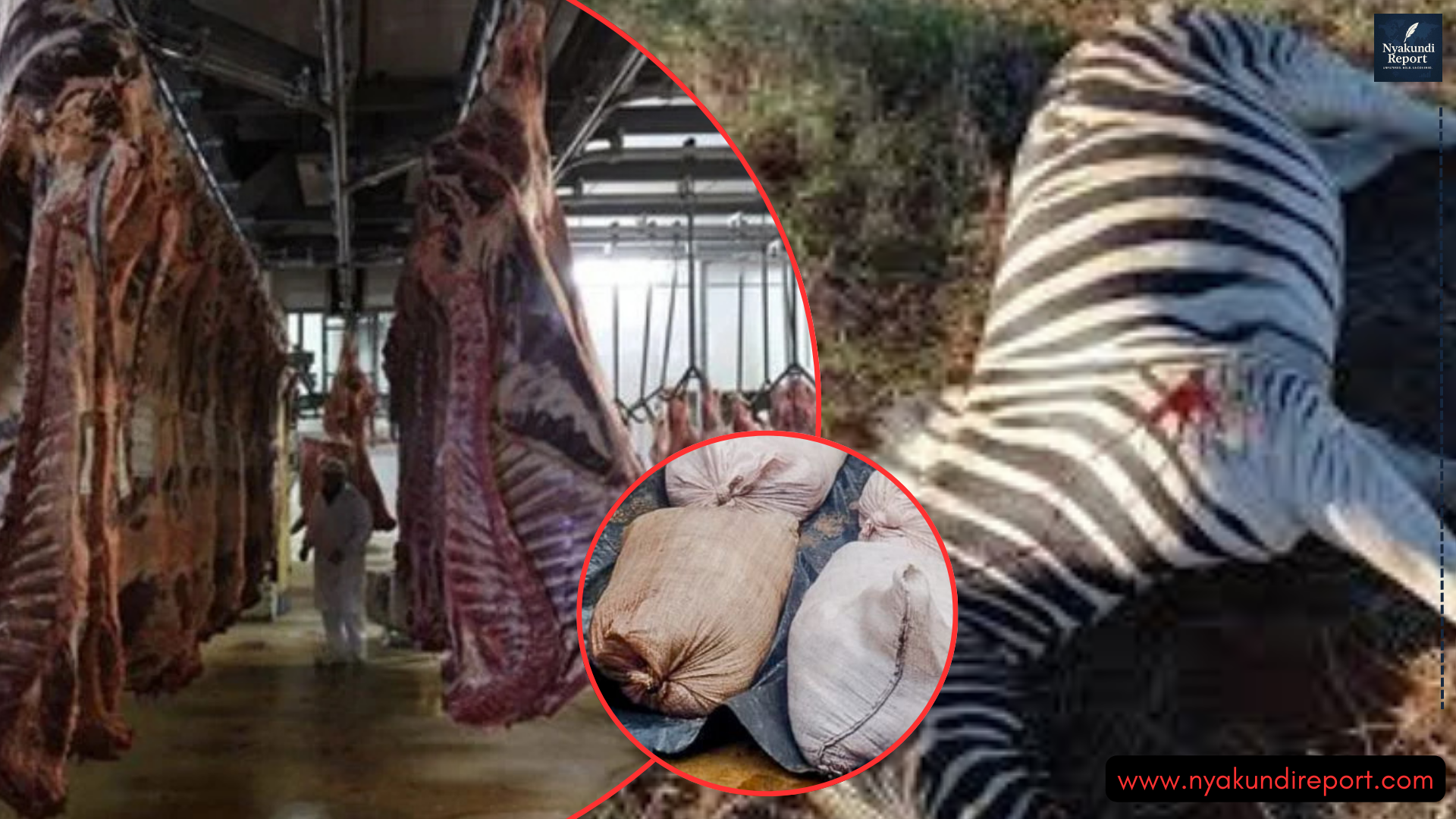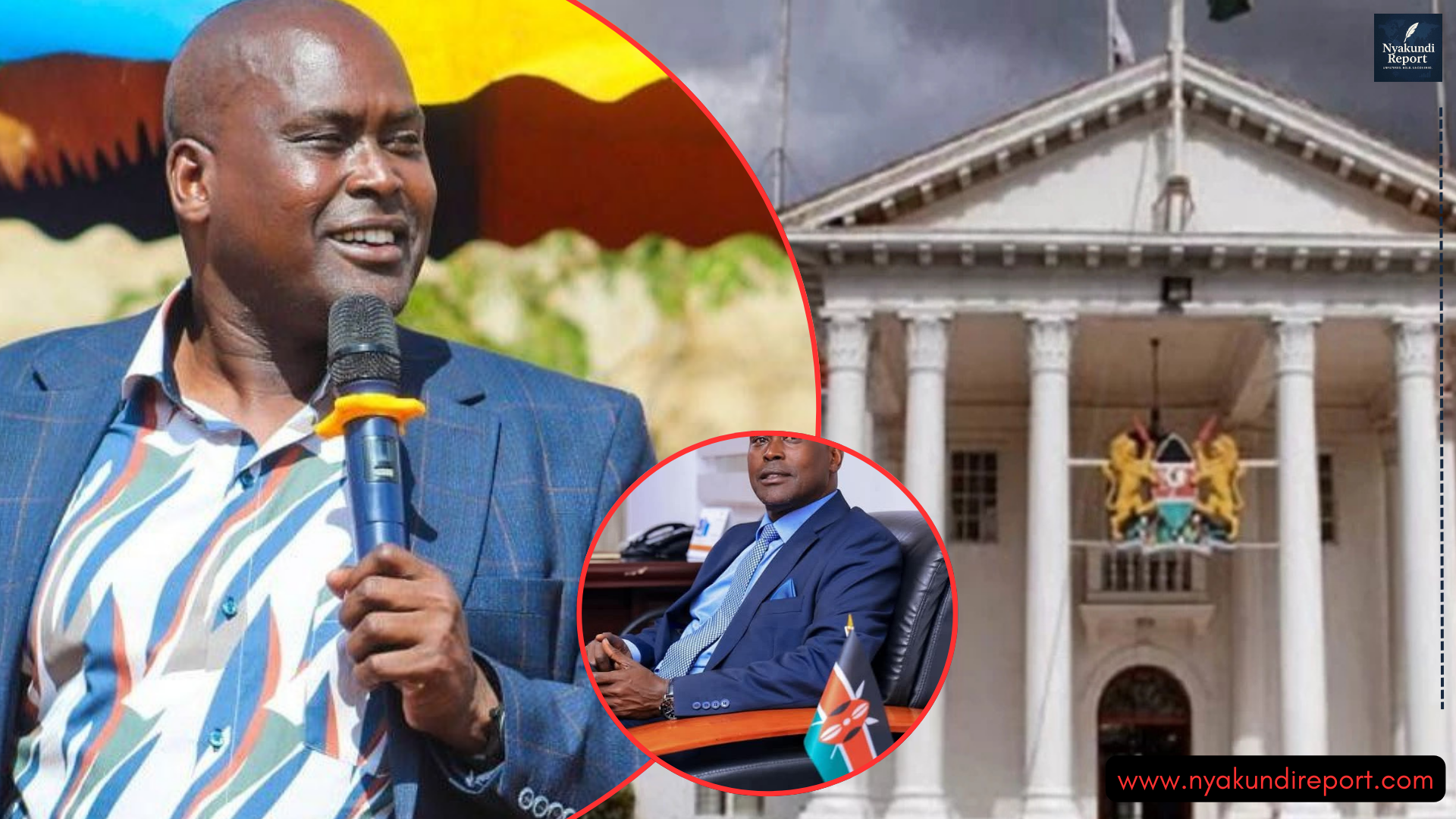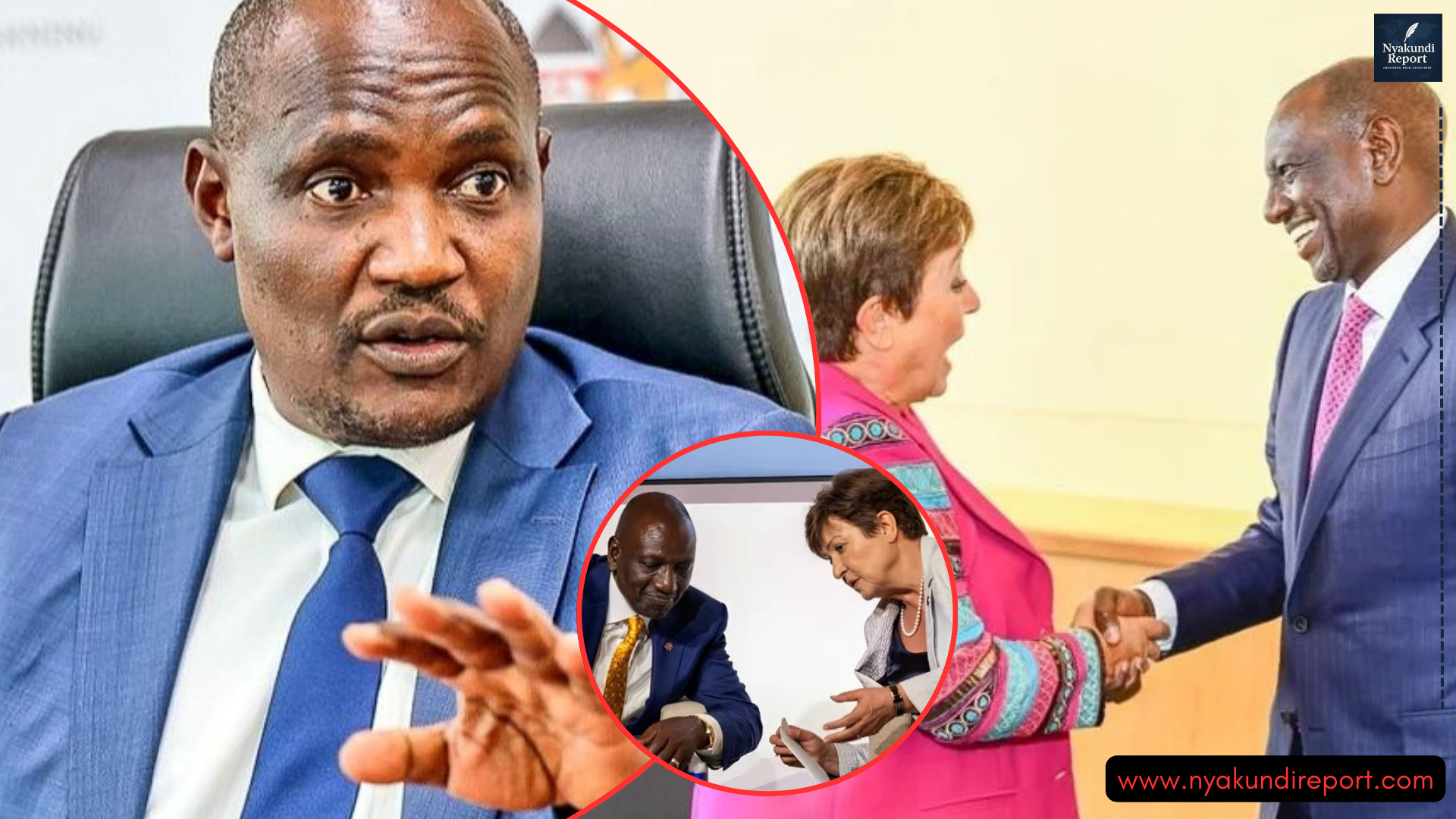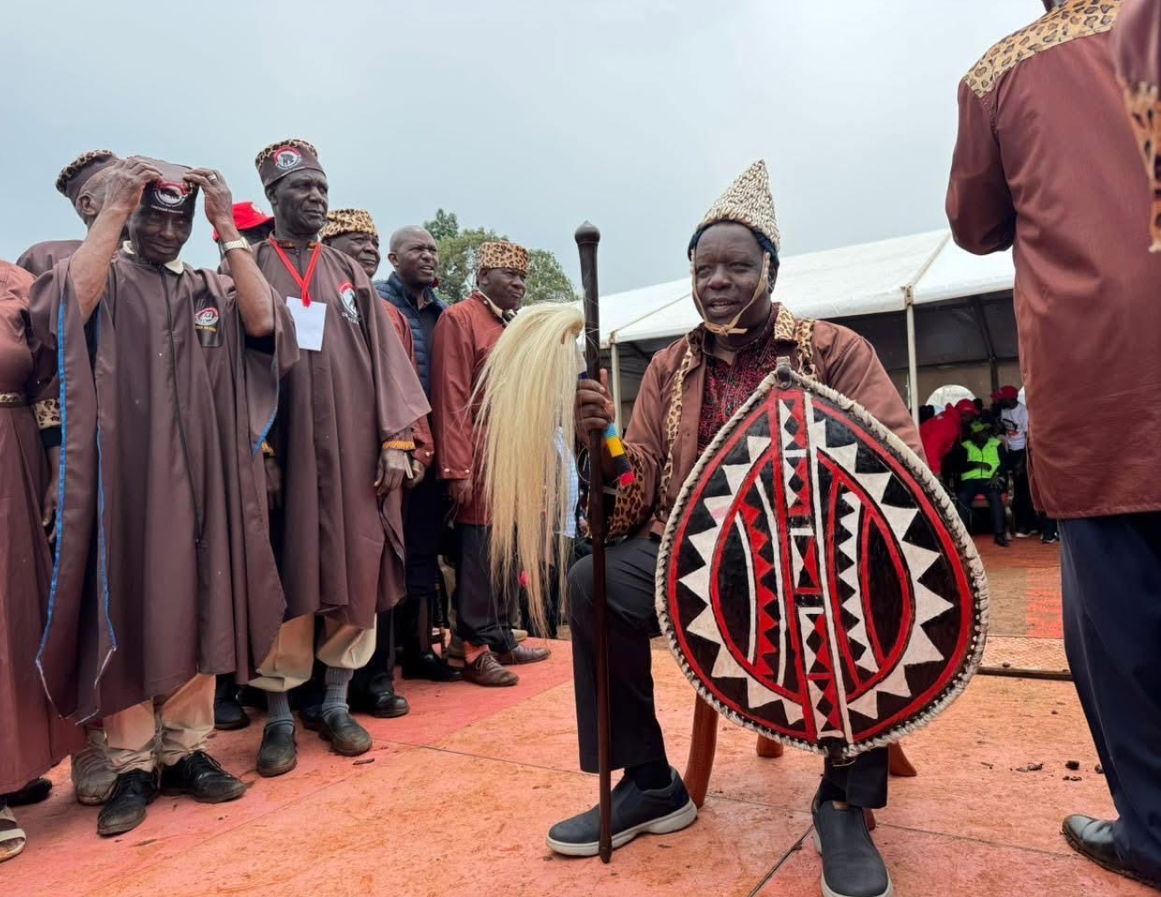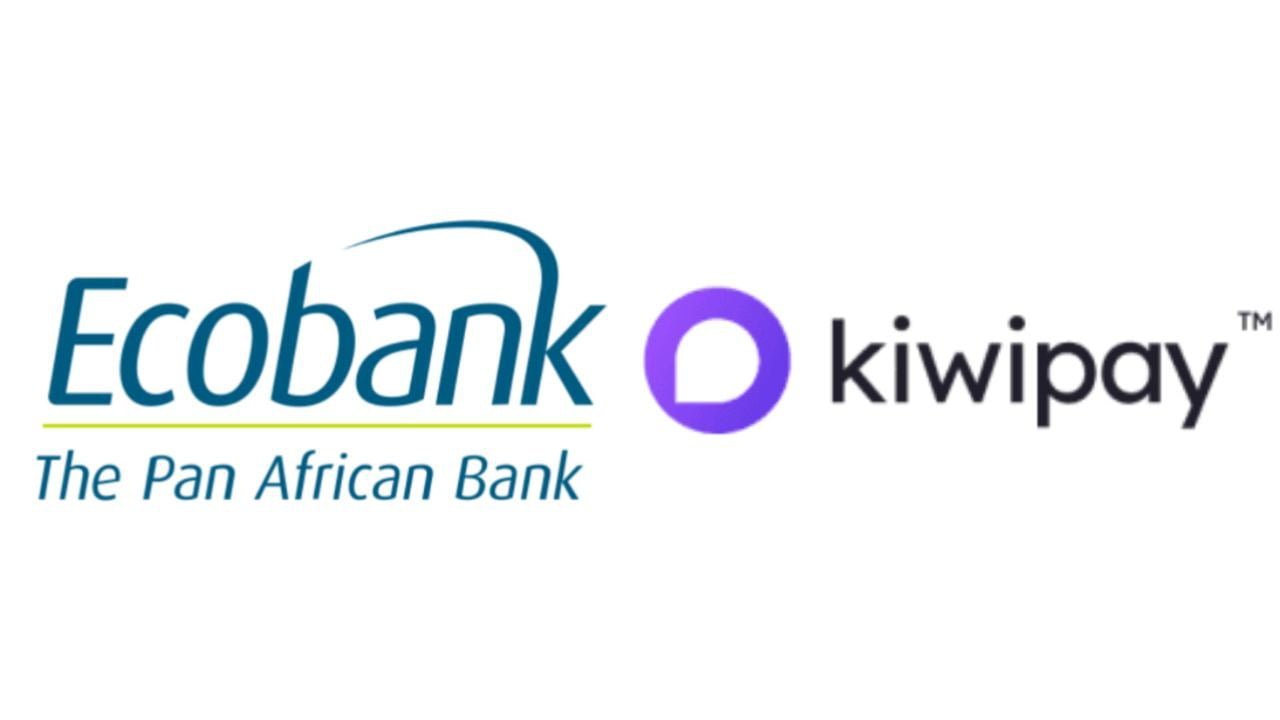While Kenyans tighten their belts and the government preaches austerity, Health Cabinet Secretary Aden Duale seems to be singing a different tune.
In a bold move that has stirred public outcry, Duale has appointed not one but two heavyweight panels totaling 32 advisors, all within weeks, to guide his ministry.
This wave of appointments, coming amid rising healthcare costs and a struggling economy, has raised critical questions about his priorities, his competence, and the hidden faces benefiting from these lucrative advisory positions.

Duale Advisors Panel Bloats Amid Economic Crisis
Health CS Aden Duale recently appointed a 16-member Benefits Package and Tariffs Advisory Panel to steer the rollout of Kenya’s new national insurance scheme under the Social Health Authority (SHA).
This group, stacked exclusively with medical professionals, will advise both the Cabinet Secretary and the SHA CEO for the next three years.
This decision is raising eyebrows — and tempers — across the country. With the cost of living surging and millions of Kenyans struggling to access even basic healthcare, why is the government expanding advisory teams instead of streamlining operations?
Duale, already under scrutiny for his approach to healthcare leadership, seems to be adding weight to a ministry that desperately needs efficiency, not bureaucracy.
The panel, according to a special gazette notice, will be chaired by Professor Walter G. Jaoko and will include Health Director General Patrick Amoth, raising questions about duplication of roles. Other members include Nehemiah Odera, Margaret Macharia, Hajara El Busaidy, Robert Rapando, Gabriel Muswali, Mary Kigasia Amuyunzu-Nyamongo, and Walter Oyamo Obita — a lineup of mostly academics and consultants with limited administrative track records.
The rest — Valeria Makory, Stephen Kaboro, Francis Motiri, Christine Wambugu, Tabitha Okech, Patricia Nyokabi, and Abdiaziz Abdikadir Ahmed — remain largely unknown to the public, adding to growing concerns about cronyism and political favoritism in the selection process.

Is Duale Fit for the Job or Just Filling Seats?
Duale has never held a portfolio in health before. His background is in security and defense — a world far removed from public health policy, healthcare financing, or medical service delivery.
His entry into the Ministry of Health raised doubts from the outset. Now, with his recent decisions, critics are asking whether he’s simply in over his head.
While the Health Ministry has competent senior officials — including Director General Dr. Patrick Amoth and numerous heads of departments — Duale continues to outsource advisory roles.
Is he ignoring the advice of seasoned professionals within his own ranks? Or is he surrounding himself with a new circle that’s easier to control?
Insiders suggest the appointments may be politically motivated, with some of the appointees linked to power brokers and donors who supported Kenya Kwanza’s campaign.
Others allege the CS is creating a buffer to shield himself from the fallout of the SHA’s shaky rollout and the ballooning organ transplant scandal.
Duale himself has claimed he is “facing cartels head-on,” but these bloated panels suggest otherwise. Instead of dismantling entrenched interests, is he merely replacing them with loyalists under the guise of reform?
Who Gains From the Duale Advisors Bonanza?
This isn’t the first time Duale has flexed his power through appointments. Shortly after unveiling the SHA advisory panel, he appointed another 16-member committee to investigate organ transplant irregularities at Mediheal Hospital.
That committee, led by Professor Elizabeth Bukusi, is meant to look into damning allegations of illegal and unethical transplants.
Yet again, the move has been met with skepticism. Why not rely on the Kenya Medical Practitioners and Dentists Council (KMPDC), an existing regulatory body tasked with handling such investigations? Why appoint another costly committee unless there are other motives at play?
The answer might lie in patronage. Each appointment is tied to stipends, allowances, and influence — powerful currency in a bloated and politically compromised system.
The appointments offer Duale a chance to reward loyalists, consolidate control, and build a parallel structure of advisers outside the ministry’s bureaucracy.
Meanwhile, real issues remain unaddressed — poor access to public hospitals, understaffed clinics, and a national insurance scheme still dogged by confusion and mistrust.
Wrapping Up……
The writing on the wall is clear: Duale’s expanding advisory empire is out of step with the economic reality most Kenyans face.
With little evidence of impact from these appointments and no clear metrics for success, these panels risk becoming just another layer of expensive bureaucracy — draining resources and undermining real reform.
If austerity is the government’s promise, then trimming bloated advisory teams should be the first place to start. But under Duale’s watch, the list of advisors keeps growing — and so do the questions.

